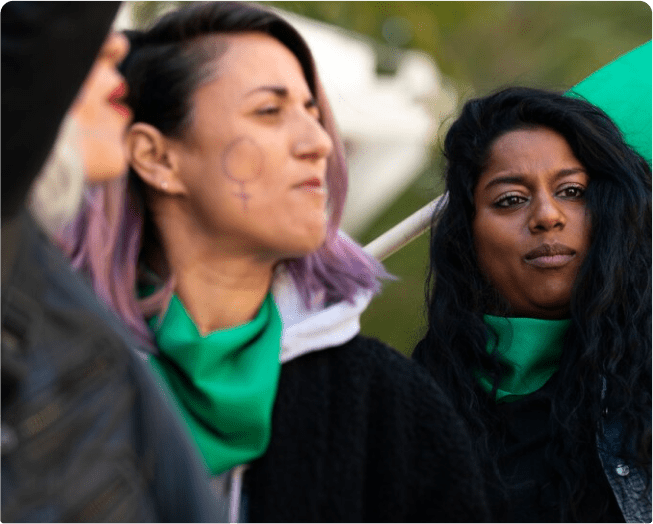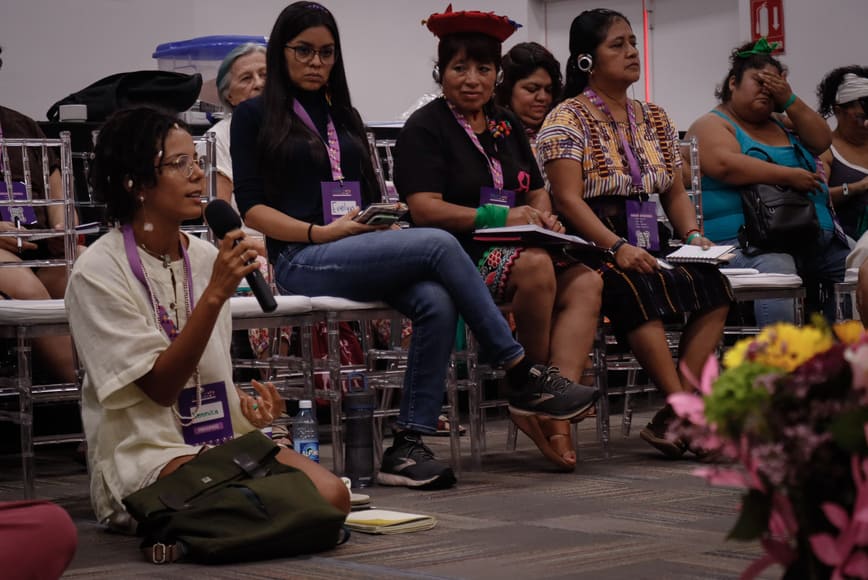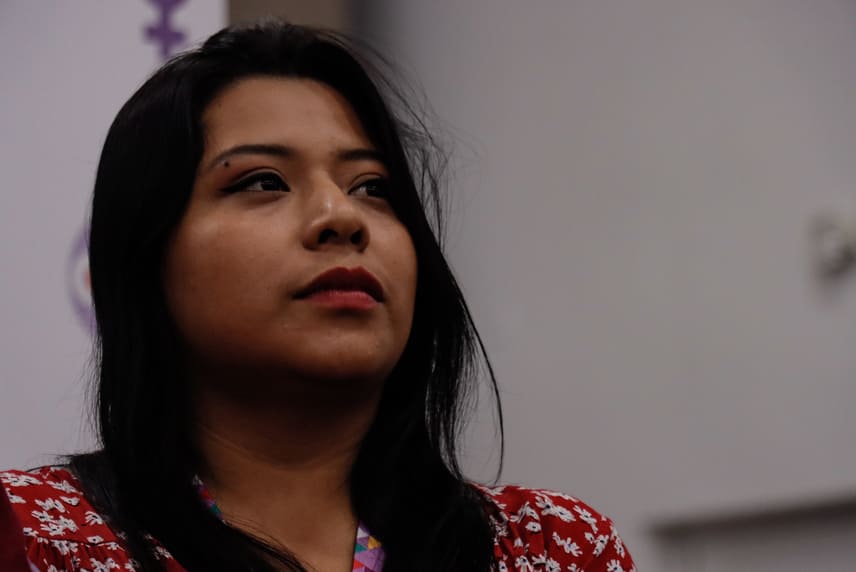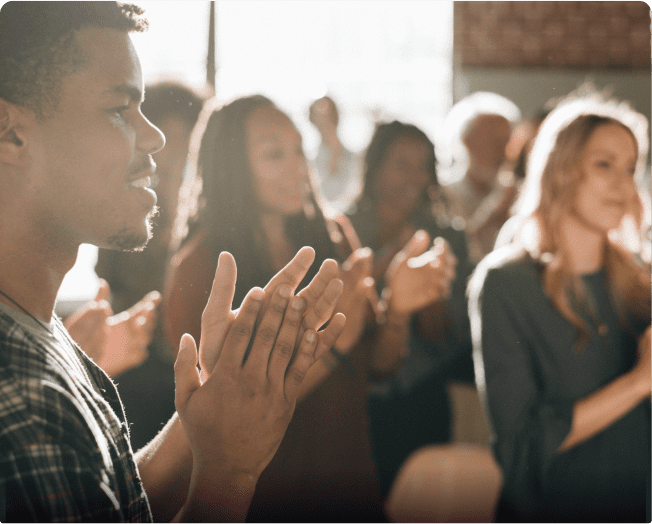We define ourselves as a “learning organization,“ always looking to improve both the quality and impact of our work. We continually update ourselves on the state of the art in the topics, methodologies and approaches we are working on. We participate in debate and discussion spaces where we share our own experiences and evidence from practice and learn from others.
Before, during, and after our initiatives, we engage with the people we work with to ensure that the design of projects, products, and processes are attuned to the needs and interests of the groups we work with.
In addition to knowing the reach and impact of our work, we are interested in understanding what works, what doesn’t work, and why. We also want to understand how change happens and the relationship between individual change and collective and social change. That is why we are interested in both quantitative and qualitative evaluations and assessments of the effectiveness of our work.


Some examples of our research and learning work:
- Situational assessments: We conduct assessments to understand, for example, the situation and interests of LGBTIQ+ groups in Central America, which serve to inform the design and convening of our regional training programs.
- Joint context analysis: We convene partner organizations to exchange perceptions and understand their perspectives of socio-political changes in their contexts and how they are being affected by these changes. The results inform our training and communication work, as well as our alliance-building and coordination work.
- Discourse analysis on social media platforms: We analyze the trends around anti-rights political discourse in various countries of the region. We want to investigate more about the correlation between this discourse and changes in public opinion around diversity, equity and respect for human rights. We also want to do more audience research.
- Monitoring and evaluation: We have a digitized monitoring and evaluation system, using a platform based on Jotform, Google and Power BI tools to be able to capture, process and analyze the information.
- Systematization: We have put together a document that systematizes our methodological approach to prevent violence and suicide in schools. This will be used to develop a manual that will be promoted in various organizations and educational centers in the region.
- Innovations based on experience and learning: Having detected specific and urgent needs during our training work with migrants, for example, we developed a mobile phone app that provides users with access to human rights and humanitarian aid centers for the migrant population.


